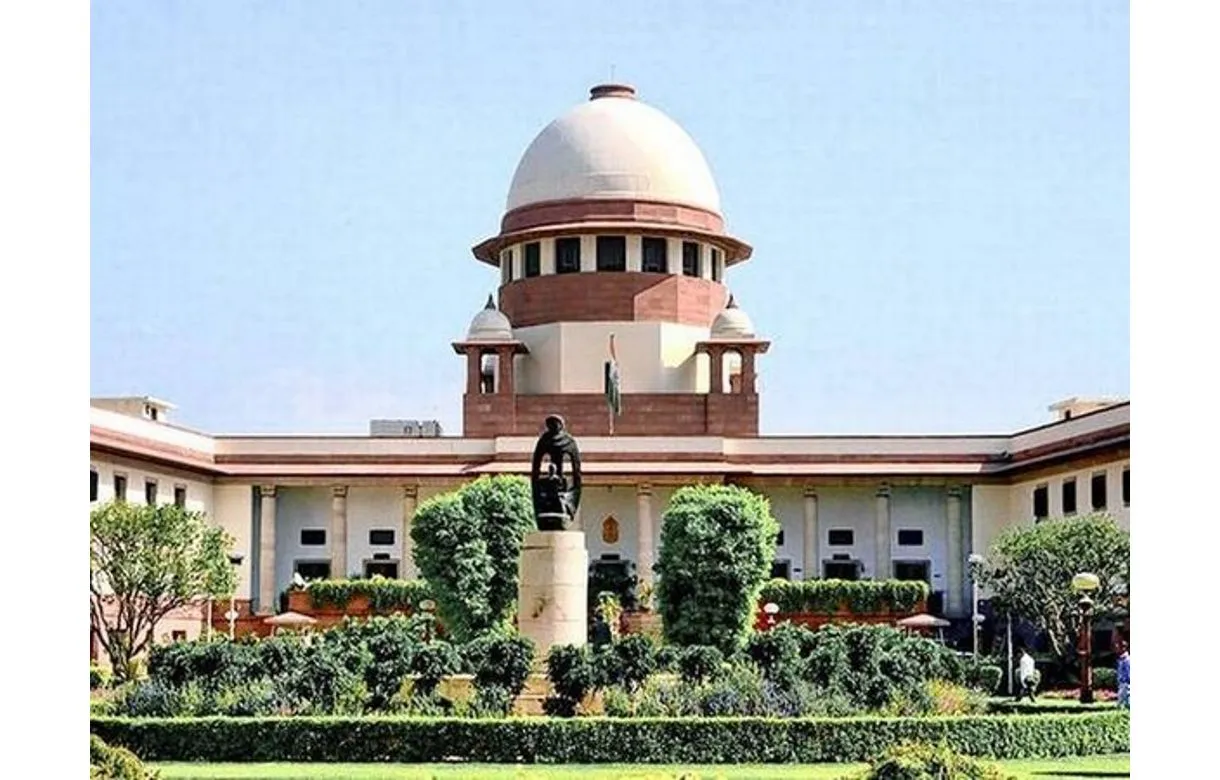India News
Supreme Court rules Delhi Lieutenant Governor can nominate MCD aldermen without AAP government’s advice
The bench had, last year, reserved its verdict in the matter and the verdict was pronounced by Justice PS Narasimha.

India News
DMK leader’s son arrested after car rams family in Krishnagiri, one dead
A 20-year-old son of a DMK leader has been arrested for allegedly driving a car into four members of a family in Krishnagiri, killing assistant labour inspector Sivamoorthy.
India News
Security tightened across Delhi metro stations after bomb threat emails
Delhi is on high alert after bomb threat emails targeted metro stations, the Red Fort and the Assembly. Authorities confirmed the threats were hoaxes but tightened security as a precaution.
India News
JNU protest turns violent as Left and Right student groups trade charges
A late-night protest at JNU turned violent as Left and ABVP student groups accused each other of stone-throwing and attacks near the East Gate.
























